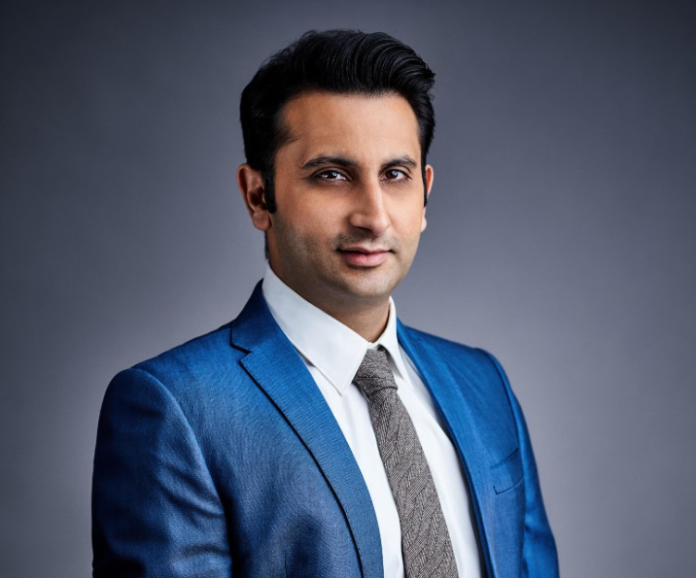As debates about ideal work hours rage on—with L&T Chairman SN Subrahmanyan proposing a 90-hour work week and Infosys co-founder Narayana Murthy advocating 70 hours—Adar Poonawalla, CEO of Serum Institute of India, has taken a balanced stance. According to Poonawalla, 8-9 hours of work per day is sufficient to ensure productivity and avoid burnout.
The CEO’s Perspective
Speaking with India Today, Poonawalla highlighted the importance of aligning work hours with the demands of one’s professional journey. “I work eight hours a day. Sometimes, on weekends, if needed. During Covid-19, I worked till 11 pm daily. It depends on the stage of your journey. Entrepreneurs building their businesses should work hard and do whatever it takes, but at senior levels, quality, smart work, and strategy matter more.”
He emphasized that humans cannot maintain peak productivity beyond 8-9 hours consistently.
“There’s no substitute for hard work, but working long hours daily isn’t sustainable,” he said.
Expert Opinions on Ideal Working Hours
Consultant neurologist Dr. Sudhir Kumar of Apollo Hospitals, Hyderabad, reinforced the idea that 8 hours per day or 40 hours a week is ideal for maintaining productivity and mental well-being. For those working 6 days a week, 48 hours can be a reasonable limit.
Dr. Kumar warned against working beyond 55 hours a week, linking it to increased risks of severe health conditions such as heart attacks, strokes, and other cardiovascular diseases. He noted that long hours reduce time for sleep and exercise, exacerbating stress, anxiety, and depression.
Shifting Focus: Quality Over Quantity
In today’s dynamic work culture, quality of work is taking precedence over hours clocked in, said Anuj Munot, founder and CEO of UrbanWrk. “This shift is about more than just employee satisfaction. It’s essential for innovation and resilience in businesses. Hard work combined with smart strategies helps achieve the critical balance between work and life,” he explained.
Lifestyle coach Kiara Jain, founder of Mindful Living, echoed this view, emphasizing that productivity varies across individuals.
“Burnout negates the impact of long hours. Techniques like the Pomodoro method, which incorporates mini-breaks, help maintain focus and efficiency.”
Balancing Productivity and Well-Being
Experts agree that longer working hours don’t equate to higher productivity. Instead, they contribute to burnout, lowered efficiency, and poorer mental health. According to Dr. Kumar,
“Restricting work to 8 hours per day ensures better productivity and a healthier work-life balance.”
Ultimately, a focus on quality over quantity is key. As Poonawalla succinctly put it, “Sometimes, you need to put in extra hours, but you can’t do it daily. It’s about working strategically, not just harder.








